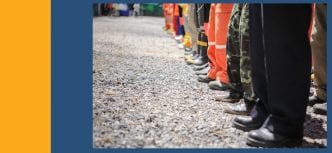
Island Preparedness Enables Visitors to Contribute to Oil Spill Response in Denmark
In 2020, DCPL started a new project called Island preparedness. There are several points of convergence and possibilities to collaborate with OIL SPILL. Read more!

In 2020, DCPL started a new project called Island preparedness. There are several points of convergence and possibilities to collaborate with OIL SPILL. Read more!
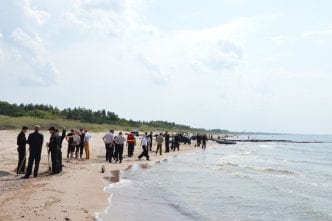
Two years ago, the Fire and Rescue Department of Lithuania, and especially the Klaipeda Board (FRD Klaipeda board), was pleased to receive an invitation to participate in the OIL SPILL project. This is a great opportunity to hold large-scale exercises, invite experts and observers from other countries, and assess the strengths and weaknesses of the responsible authorities.
This autumn, Östra Götaland Fire and Rescue Service has been planning a national oil protection conference with the Swedish Civil Contingencies Agency, Coast Guard, Swedish Maritime Administration, County Administrative Boards, and Swedish Environmental Protection Agency. The conference will take place digitally this week, on the 26th and 27th of November. The focus is especially on the changes in the risks in the Baltic Sea, costs of the environmental damage, and places of refuge.
Neste owns and operates two industrial ports in Finland. There have been talks of situations when a ship is in need of assistance and seeks a place of refuge to stabilize her state and mitigate hazards to shipping, humans, and the environment. Now, these talks turned into actions.
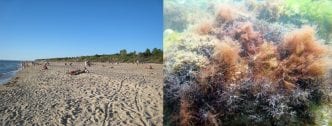
The coasts of the southeastern Baltic Sea form unique landscapes along the shores of Poland, Kaliningrad Oblast (Russia), Lithuania, and Latvia. The flat sandy beaches, protective dune ridges, and nearshore sandy spits are attractive resources for human recreation and valuable wildlife habitats.
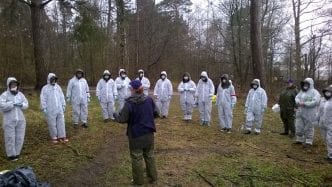
Written by Jorma Rytkönen, The Finnish Environment Institute Next year, Finland will be the host of BALEX DELTA, the largest oil combating …
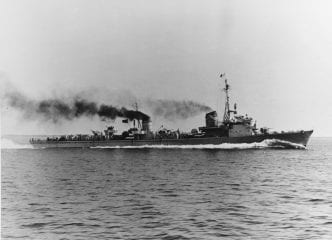
When thinking about marine oil spillages, some recent accident is likely to come to mind. The statistics concerning shipping show that more than half of the oil spills are caused by collisions and groundings, followed by hull or equipment failures and fires-explosions. In recent decades, also awareness about oil pollution from sunken wrecks has increased.
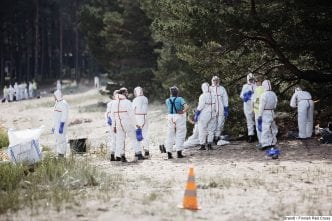
Coastal oil spill response is an arduous long-term operation. Voluntary oil spill response capability is critical in achieving optimal results and minimizing …
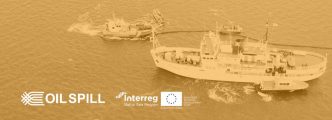
The prolongation of the OIL SPILL project duration by six months has been accepted. Thus, the implementation phase of the project will last until 31 December 2021. For Project Manager Jarmo Malmsten, the prolongation decision was very welcomed.
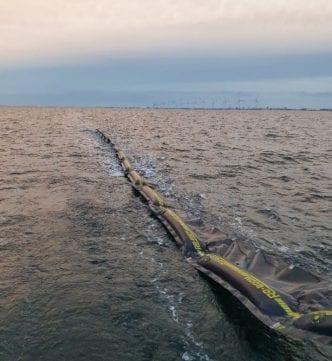
In this three-part blog series the roles of different stakeholders participating in the oil spill response in shallow waters and coastal areas …